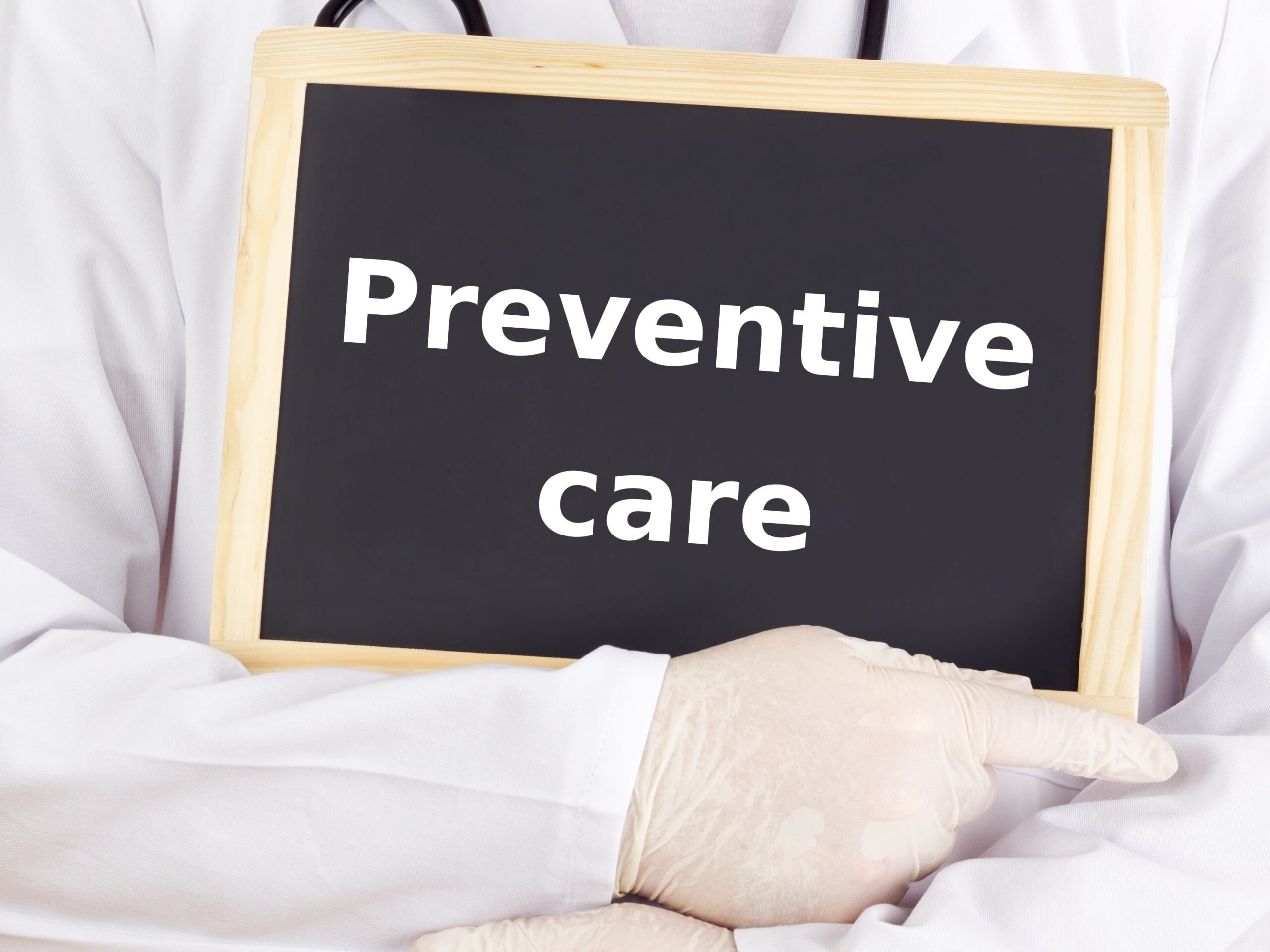In a world where medical advancements constantly push the boundaries of what’s possible, preventive health services stand as a beacon of hope and practicality. These services are not just a luxury but a fundamental aspect of modern healthcare that can save lives, improve quality of life, and reduce healthcare costs.
Understanding Preventive Health Services
Preventive health services are proactive measures taken to prevent diseases rather than treating them after they occur. These services include various activities, such as vaccinations, screenings, counseling, and wellness check-ups. The goal is to identify and mitigate risk factors, detect potential health issues early, and promote healthy lifestyles.
The Types of Preventive Health Services
- Vaccinations: Immunizations are one of the most effective preventive measures, protecting individuals from infectious diseases like influenza, measles, and hepatitis. Vaccines have eradicated or significantly reduced many deadly diseases and continue to be a cornerstone of public health.
- Screenings: Regular screenings can detect diseases such as cancer, diabetes, and heart disease in their early stages when most treatable. Standard screenings include mammograms for breast cancer, colonoscopies for colon cancer, and blood pressure checks for hypertension.
- Counseling and Education: Preventive health services often include counseling on lifestyle changes, such as smoking cessation, diet, and exercise. Education about healthy behaviors can empower individuals to take control of their health and make informed decisions.
- Wellness Check-ups: Routine check-ups with a healthcare provider can monitor overall health, manage chronic conditions, and update vaccinations and screenings. These visits are crucial for maintaining long-term health.
Benefits of Preventive Health Services
- Early Detection and Treatment: Catching a disease early significantly increases the chances of successful treatment and can prevent the condition from worsening. Early intervention often means less invasive treatments and better outcomes.
- Cost Savings: Preventive care can reduce healthcare costs by preventing diseases or catching them in their early stages when they are less expensive to treat. This can also decrease the burden on healthcare systems and reduce the economic impact of lost productivity due to illness.
- Improved Quality of Life: By focusing on prevention, individuals can maintain better health throughout their lives, avoiding the complications and discomfort associated with chronic diseases. This leads to a higher quality of life and increased longevity.
- Public Health Impact: On a larger scale, preventive health services contribute to the overall health of communities. Vaccination programs, for instance, can lead to herd immunity, protecting those who cannot be vaccinated for medical reasons.
How to Access Preventive Health Services
- Health Insurance: Most health insurance plans cover a range of preventive services without additional costs. Reviewing your insurance policy to understand what is covered and taking advantage of these benefits is essential.
- Community Health Centers: Many communities have health centers that provide preventive services, often on a sliding scale based on income. These centers are a valuable resource for those without insurance or limited financial means.
- Workplace Programs: Employers often offer wellness programs, including preventive services such as health screenings, flu shots, and wellness workshops. Participating in these programs can be convenient and beneficial.
- Government Programs: Medicare and Medicaid provide preventive services to eligible individuals. Additionally, public health departments often run campaigns and offer services to promote preventive care.
The Role of Technology in Preventive Health Services
The advent of technology has revolutionized the delivery and effectiveness of preventive health services, making them more accessible and personalized than ever before. Digital health tools like wearable devices, mobile health apps, and telemedicine platforms have become integral to preventive care.
- Wearable Devices: Gadgets like fitness trackers and smartwatches monitor physical activity, heart rate, sleep patterns, and other vital signs. These devices provide real-time data, allowing users to track their health metrics and make informed lifestyle choices. For example, detecting irregular heart rhythms can prompt timely medical consultation, potentially preventing severe cardiovascular events.
- Mobile Health Apps: These apps offer many features, from tracking dietary habits and exercise routines to providing reminders for medication and vaccinations. Apps like MyFitnessPal and Apple Health encourage users to set health goals and monitor their progress, fostering a proactive approach to health management.
- Telemedicine: Virtual consultations have bridged the gap between patients and healthcare providers, making preventive care more accessible, especially for those in remote areas. Telemedicine enables routine check-ups, consultations, and follow-up appointments without physical visits, saving time and reducing healthcare disparities.
Technology has undeniably enhanced preventive health services, making them more efficient and user-friendly. By integrating these digital tools into daily life, individuals can better manage their health, leading to improved outcomes and a more robust public health system.
Taking Charge of Your Health
Preventive health services are a vital component of a proactive approach to healthcare. By taking advantage of these services, individuals can play an active role in maintaining their health and well-being. It’s essential to stay informed, schedule regular check-ups, and follow through with recommended screenings and vaccinations.
In conclusion, preventive health services are not just about preventing disease but about fostering a healthier, more vibrant community. By prioritizing prevention, we can reduce the disease burden, lower healthcare costs, and improve the quality of life for everyone. Make preventive health a priority today for a healthier tomorrow.

